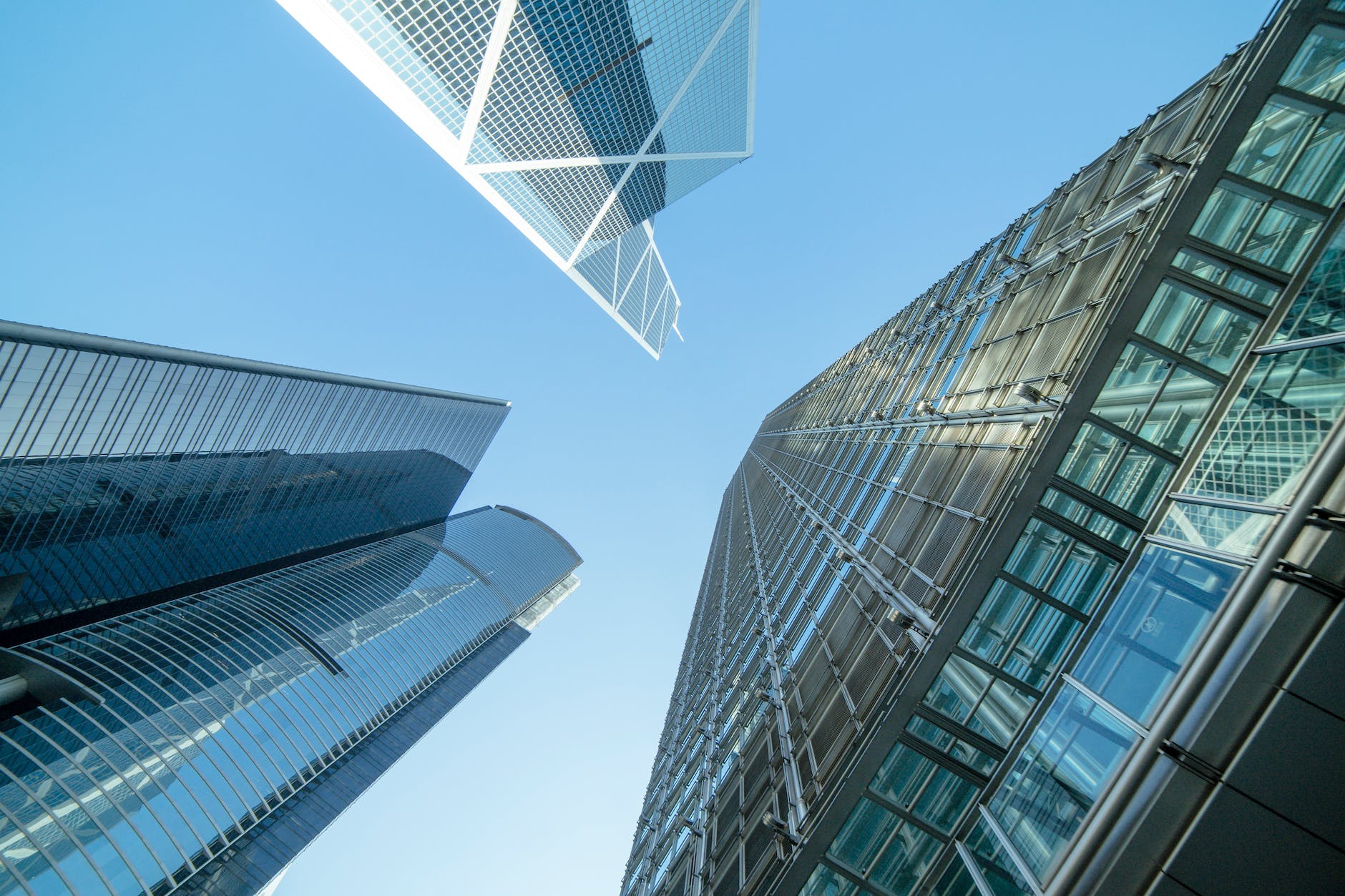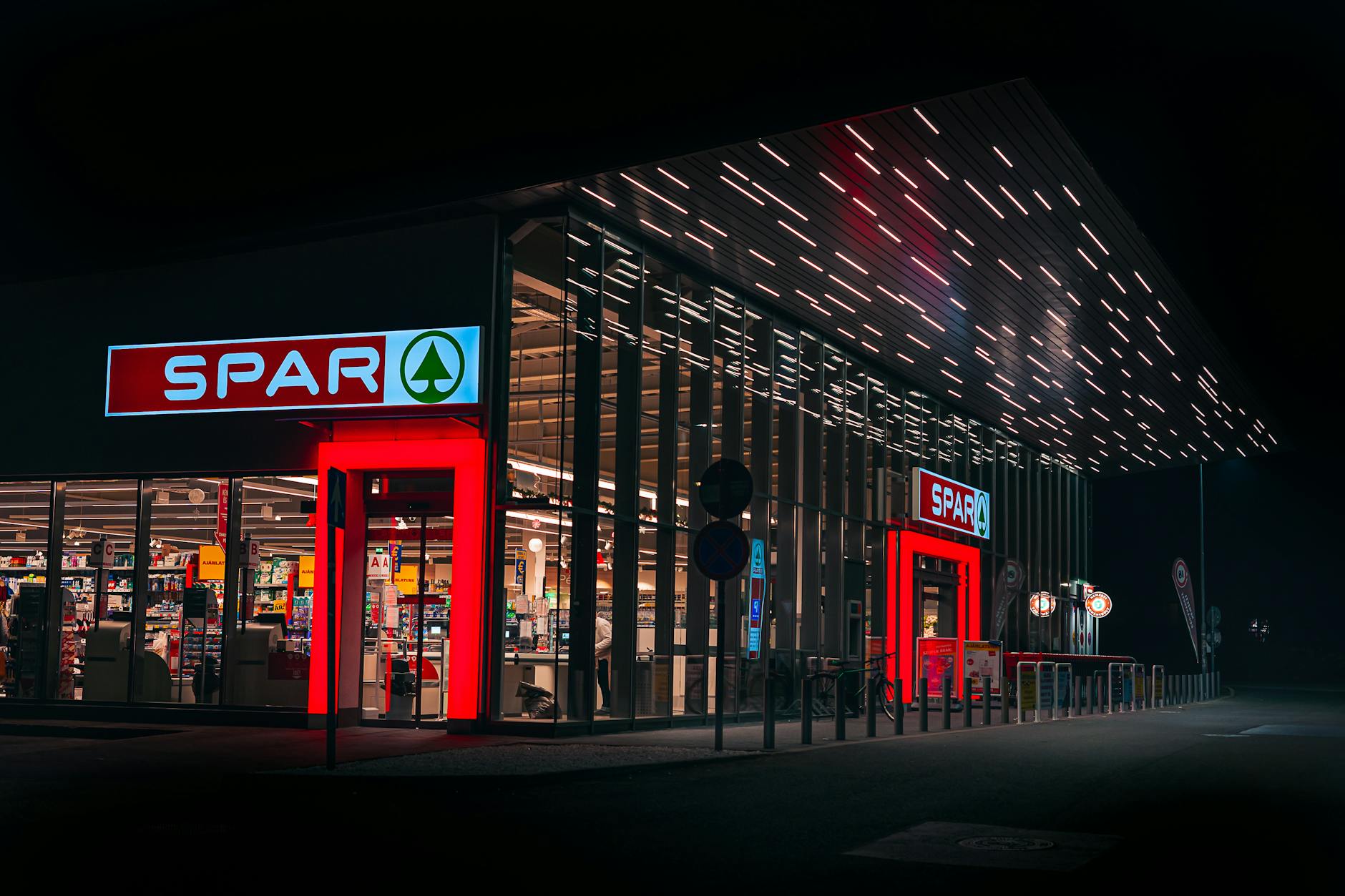
Maintaining a commercial building is not just about keeping up appearances; it’s an essential practice that ensures the safety, efficiency, and longevity of the property. Every property manager should know that regular maintenance is the key to preventing major repairs and costs in the future. In this article, we will talk about essential maintenance tips that every commercial building owner or property manager should know. From the roof to the basement, every component of your building requires attention and care.
1. Regular Inspection Schedule
Importance of Regular Inspections
The foundation of good building maintenance is a regular inspection schedule. Regular checks help in identifying potential issues before they escalate into major problems. This proactive approach saves money in the long run and maintains the safety of the building’s occupants.
How to Plan Inspections
Setting up a systematic inspection schedule involves assessing all critical areas of your building. This includes the roof, HVAC systems, plumbing, electrical systems, and structural elements. It’s important to conduct these inspections at least bi-annually, with seasonal checks being ideal for certain systems like heating and cooling.
2. HVAC System Care
Role of HVAC in Building Maintenance
Your HVAC system plays a crucial role in maintaining a comfortable and healthy environment inside your building. A well-functioning HVAC system regulates temperature and ensures proper air circulation and quality.
Engaging a Commercial Heating and Cooling Company
For specialized systems like HVAC, it’s important to engage a professional commercial heating and cooling company. These experts can provide air quality assessments and HVAC system checks to help ensure your system operates efficiently by identifying any potential issues early on. Regular servicing can extend the lifespan of your HVAC system and improve its efficiency.
3. Roof Maintenance
Inspecting the Roof
The roof of your commercial building is its first line of defense against weather elements. Neglecting it can lead to leaks, insulation problems, and even structural damage. Regular roof inspections can identify issues like cracks, loose tiles, or blocked gutters before they become problematic.
Tips for Roof Upkeep
Maintaining your roof involves clearing debris, ensuring proper drainage, and checking for damage. It’s also essential to keep an eye on the flashing and sealants, replacing them as needed to prevent water infiltration.
4. Plumbing System Checks
Regular Plumbing Assessments
Plumbing issues can quickly escalate, leading to water damage and costly repairs. Regular plumbing assessments help in identifying leaks, blockages, and wear in pipes and fixtures.
Preventing Plumbing Issues
To prevent plumbing problems, it’s important to monitor water pressure, inspect pipes for signs of corrosion, and make sure all fixtures are in good working order. Addressing small leaks promptly can prevent larger issues down the line.
5. Electrical System Safety
Electrical Safety Checks
The electrical system of a commercial building is a complex network that requires regular checks to ensure safety and efficiency. Faulty wiring or overloaded circuits can pose a significant fire hazard.
Maintaining Electrical Systems
Regular maintenance of your electrical system involves checking circuit breakers, inspecting wiring, and ensuring all electrical panels are accessible and properly labeled. It’s also important to keep an eye on the building’s overall electrical load to avoid overloading the system.
6. Elevator and Escalator Maintenance
Regular Servicing
Elevators and escalators are essential for the movement of people within your building. Regular servicing is key to ensuring these systems operate smoothly and safely.
Safety and Efficiency
Maintenance of elevators and escalators should focus on safety mechanisms, such as emergency brakes and door operation. It’s also important to keep these systems clean and well-lubricated to ensure efficiency and prevent breakdowns.
7. Fire Safety Compliance
Fire Safety Equipment
Maintaining fire safety equipment is imperative for any commercial building. Regular checks and maintenance of smoke detectors, fire extinguishers, and sprinkler systems are vital to ensure they function correctly in an emergency. Neglecting this aspect can have grave consequences, including legal repercussions.
Regular Fire Drills
In addition to maintaining equipment, conducting regular fire drills is important. These drills keep the occupants of the building prepared and aware of evacuation procedures, ensuring everyone’s safety in case of an actual fire.
8. Exterior Maintenance
Curb Appeal
The exterior of your commercial building is the first impression visitors and potential clients get. Maintaining the building’s exterior is more than just about aesthetics – it’s also about preserving the structure. Weather and environmental factors can take a toll on the building’s facade, windows, and doors.
Exterior Upkeep Tips
Regular cleaning, painting, and repairs as needed will keep the building looking fresh and inviting. It’s also important to inspect and maintain the structural integrity of the building, including the foundation and walls, to prevent long-term damage.
9. Pest Control Measures
Preventing Infestations
Pests can be more than just a nuisance; they can pose health risks and cause structural damage. Preventative measures are key in controlling pest infestations. This includes sealing potential entry points and maintaining cleanliness to deter pests.
Regular Pest Inspections
Scheduling regular pest control inspections with professionals can help identify and address any infestation early. These experts can provide tailored solutions to keep your building pest-free.
10. Security System Updates
Security System Importance
A robust security system is vital for the safety of a commercial building. It protects the property and its occupants, providing peace of mind. With technological advancements, security systems have become more sophisticated and effective.
Maintaining and Updating Security
Regular maintenance of security cameras, alarms, and access control systems is essential for their proper functioning. Updating these systems as technology advances can enhance security measures and keep the building safe from potential threats.
11. Landscaping and Groundskeeping
Role of Landscaping
Landscaping and groundskeeping play a significant role in the overall appeal and value of a commercial building. Well-maintained grounds create a welcoming atmosphere and contribute positively to the building’s environment.
Groundskeeping Tips
Regular lawn care, pruning, and landscaping improve aesthetics and prevent problems like overgrown vegetation and poor drainage. Employing professional groundskeepers can make sure your landscaping is well-cared for and attractive.
Conclusion
Maintaining a commercial building requires a comprehensive and proactive approach. Each aspect plays a crucial role in the building’s overall health and functionality. The key takeaway is the importance of regular, preventative maintenance over reactive repairs. Commitment to thorough and regular maintenance is not just a responsibility but a smart business strategy that pays dividends in the form of a well-functioning, appealing, and efficient commercial building.

